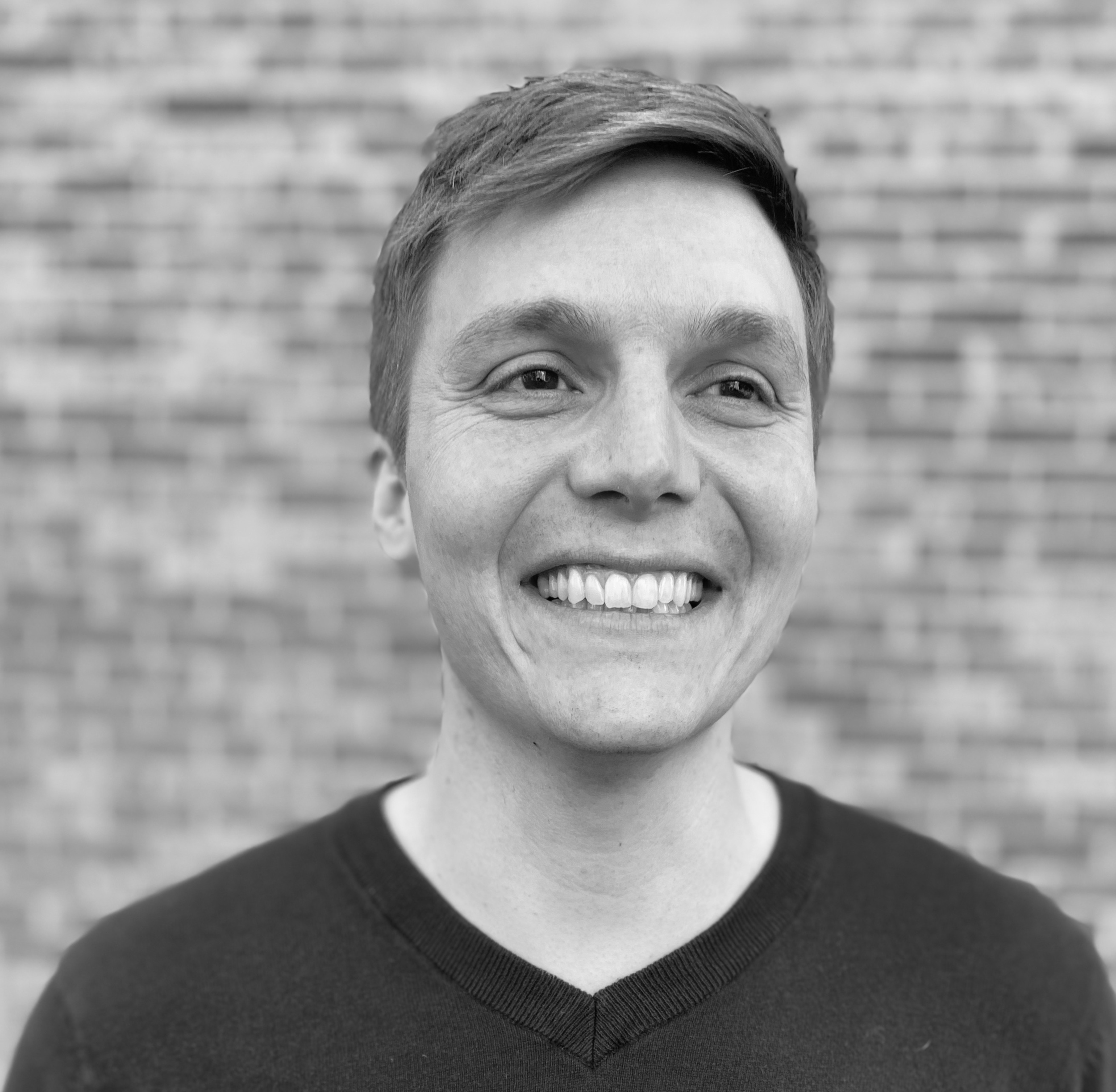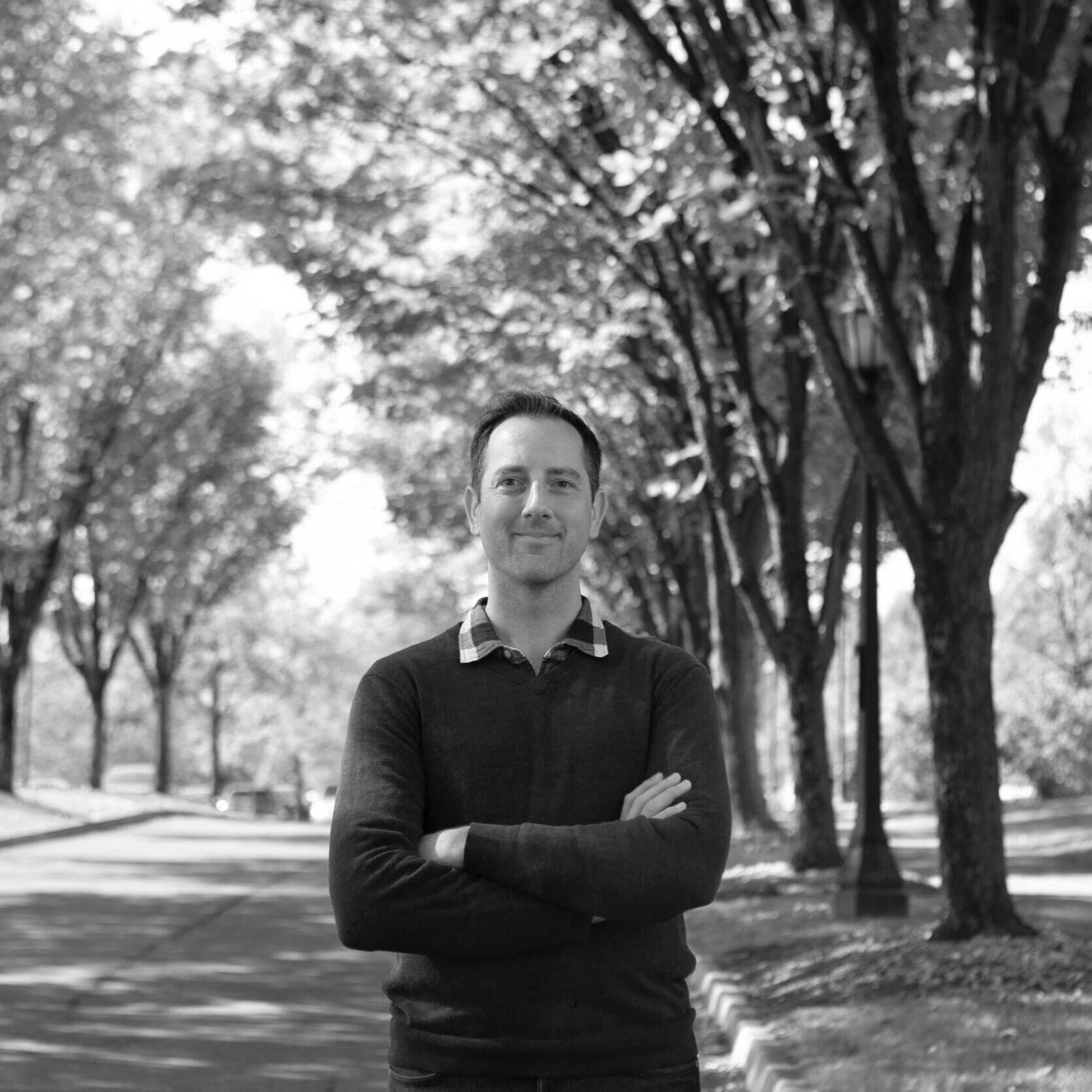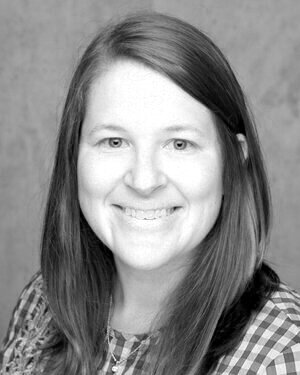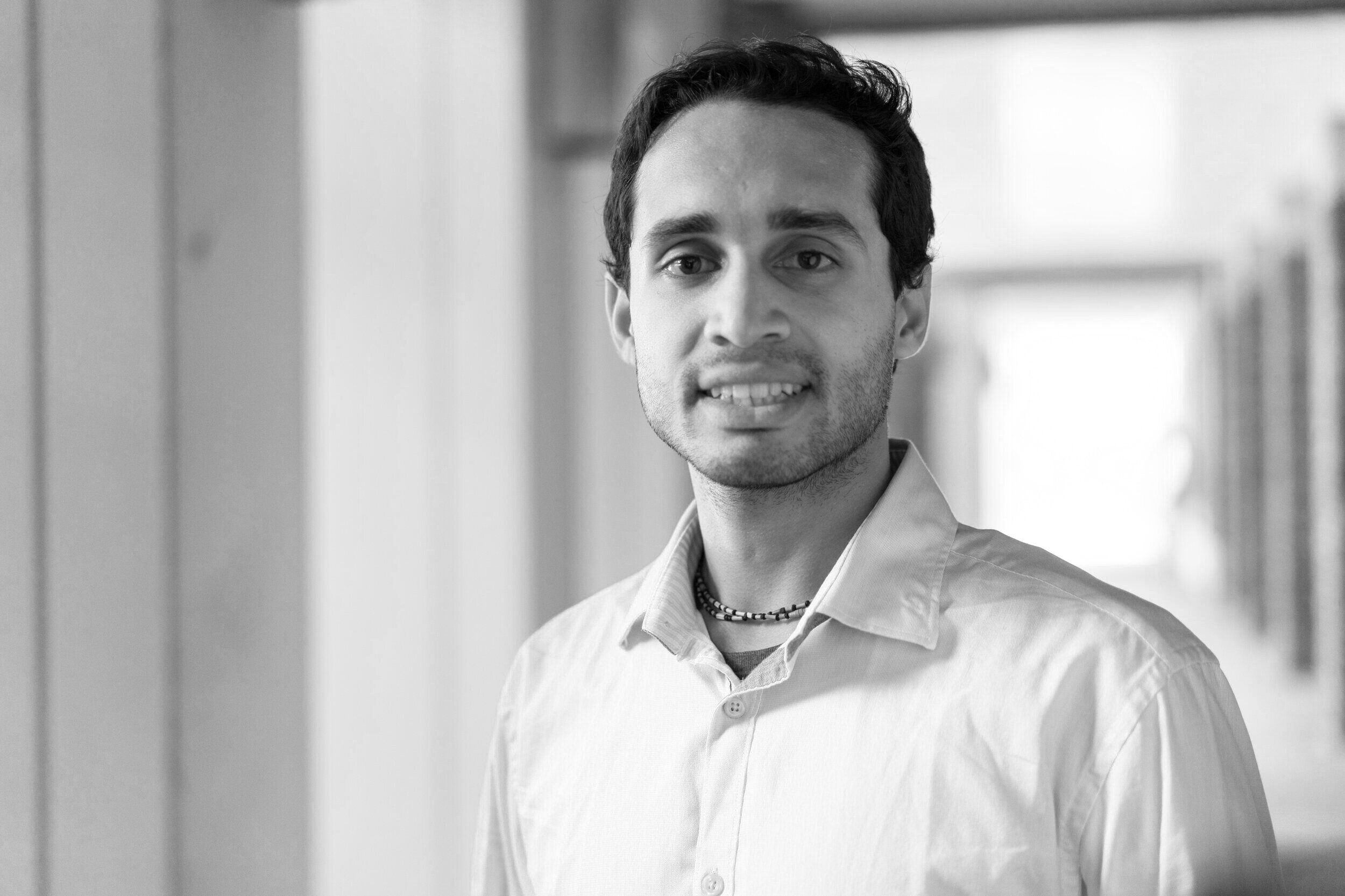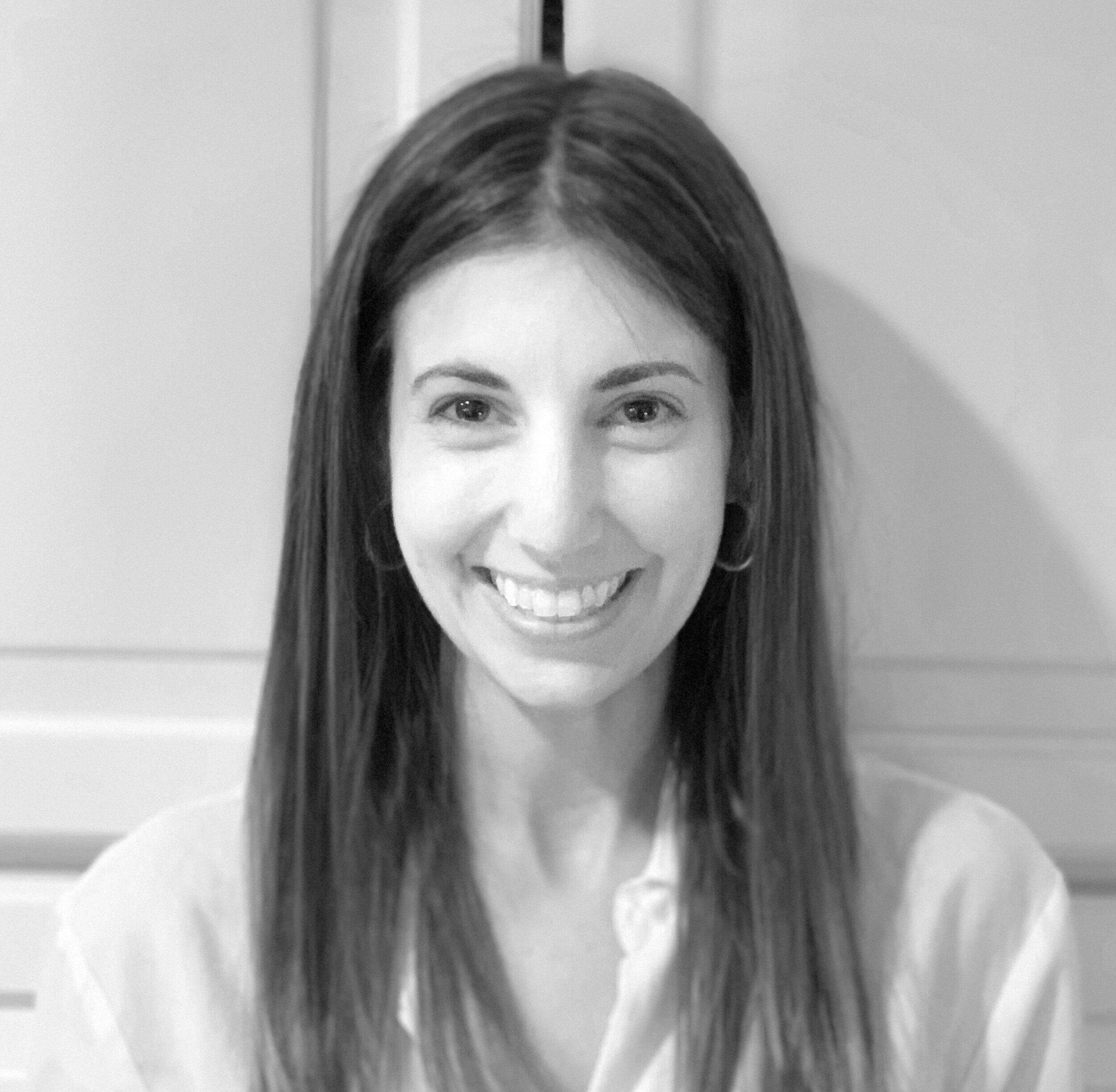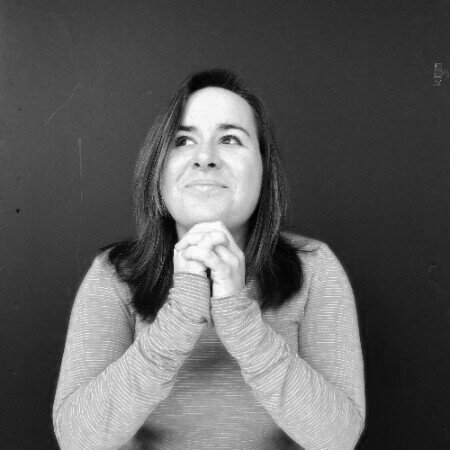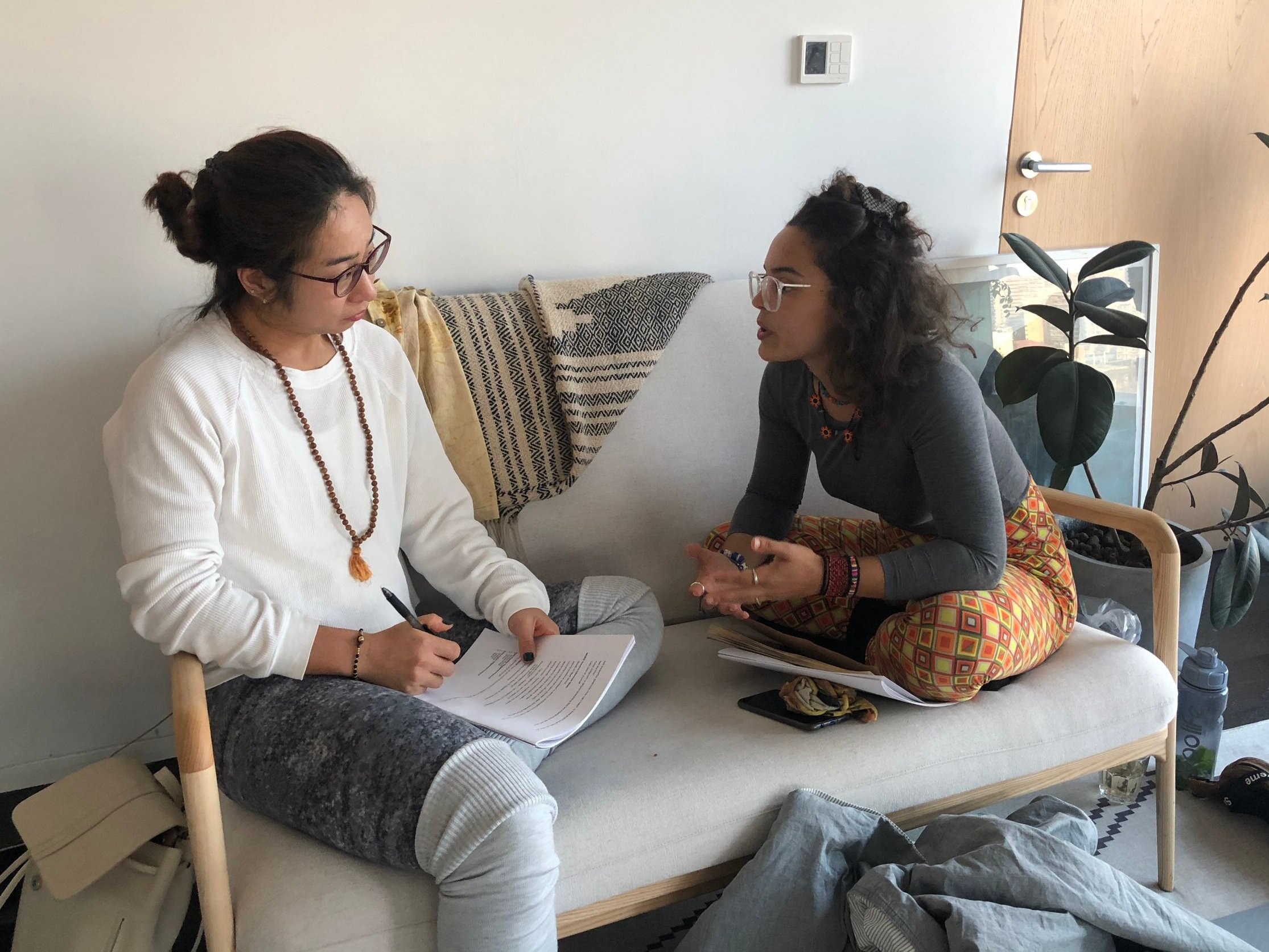Tis the season...to clean your gut! But really, I've learned a LOT over the past three years about clearing mold and yeast from my system, and balancing hormones through diet and nutrition. Here's a lot of what I'm doing now, since there are good supplement sales this Spring.
Mold - Weekly sauna plus liposomal glutathione and liposomal vitamin C, as well as activated charcoal as needed: https://cymbiotika.mention-me.com/m/ol/po8gz-erin-henshaw
Take charcoal two hours before eating anything and drink lots of water. (GI Detox from bioceuticals is my very fav binder, I do this every 6 mo.)
Take glutathione and Vit C after a sauna to detox.
(In general I also take Pure encapsulations magnesium every day also, for the stress of dealing with all of this crap! Can get on Amazon.)
For Yeast - Firstly, limit sugar (including breads/rice) or alcohol, during the initial six-week detox period. When yeast dies you will CRAVE sugar, try taking glycine powder in tea to help with cravings. It's a helpful amino acid as well.
For probiotics I take Jarrrow fem dophilus for everyday but really like Metagenics Ultra Flora for post-antibiotics or 1-2times/year.
Daily AZO yeast (from local pharmacy)
Gut Reset - Once you know that you don't have underlying infections like Epstein Barr, Lyme, etc. then you can do a gut reset.
I did Thorne: First Perma Clear with lots of additional Glutamine: https://www.thorne.com/products/dp/perma-clear-reg
Eat LOTS of fiber, I had oatmeal and Pea crisps or popcorn daily, plus water with extra salt and/or coconut water. *Remember to take zinc, vit C and magnesium every day during winter/the holidays! Alcohol depletes female reserves more than male.
You can also getting a functional medicine doctor to order you a "Nutra Eval" for nutrient deficiencies which I found very helpful. It also lets you know your stress metabolism pathways.
Hormonal Support
I sent along some resources for hormonal support to a client today, and figured I would share here as well. Hormones help regulate ALL of our body systems. When I started supporting my hormones naturally, my body pain decreased and mental health improved drastically.
Here is great resource for hormonal support that will support your health while getting more active. I like the brand (Zuma) but there are many other options. I would definitely recommend complementing your diet with some herbs or the women's tincture, it will help keep your mood balanced.
https://www.zumanutrition.com/.../womens-hormones-tonic...
Additionally, I take Vitamin C, D and glutathione from Cymbiotika. The supplements are liposomal, meaning they come in a gel instead of a pill, which makes them easier to absorb. Glutathione is particularly depleted in women who have drank alcohol, so this will really help you feeling better, even if you just do for a month or two. Keep in mind that those of us with extra creative, neurospicy brains also deplete magnesium, B6 and copper more quickly, so eat foods rich in these or supplement. Check out the work of Dr. Aimie Apigian if you don’t believe me! She studies the biology of trauma and healing, which play a significant role in our training.


















